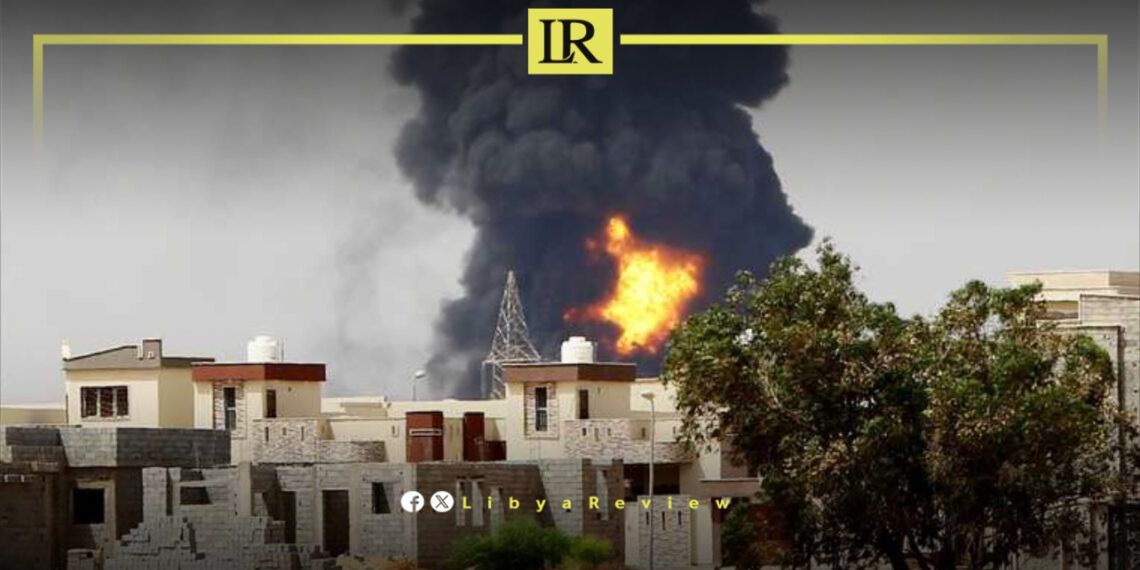Armed clashes erupted early Friday in the coastal town of Tajoura, east of Libya’s capital Tripoli, between rival militias near the Heart Hospital, stirring fears of renewed violence and jeopardizing international efforts to stabilize the country.
The recent violence comes amid rising tensions in western Libya, where the capital Tripoli has seen an alarming buildup of military convoys in recent days. This escalation is threatening the fragile security balance and poses a direct challenge to the latest UN-led roadmap aimed at political reconciliation.
Growing Rift Between Dbaiba’s Forces and Radaa
The standoff pits forces loyal to Libya’s outgoing Government of National Unity (GNU), led by Abdel-Hamid Dbaiba, against the powerful Special Deterrence Force (Radaa), commanded by Abdulraouf Kara. Radaa operates under the Libyan Presidential Council and controls key areas in Tripoli, including Mitiga Airport, Tajoura, Souq al-Jumaa, and Ain Zara.
Reports emerged last week of large military reinforcements arriving in Tripoli from Misrata and Zintan—areas aligned with Dbaiba. In response, Radaa increased its security alert and mobilized heavily in its strongholds.
Public Anger Mounts as Locals Demand Calm
In a joint statement, residents of Tajoura and Souq al-Jumaa condemned the militarization of civilian neighborhoods and warned of public mobilization if military forces are not withdrawn immediately. The statement rejected any form of armed confrontation in their communities.
International Warnings and Urgent Calls for Restraint
The United Nations Support Mission in Libya (UNSMIL) expressed deep concern over the escalating tensions and urged all parties to exercise maximum restraint and engage in peaceful dialogue to avoid renewed conflict.
Meanwhile, the Security Working Group—formed under the Berlin Process—welcomed recent mediation efforts between the GNU and Radaa forces. The group stressed the need for a rapid, peaceful resolution to unresolved issues and urged that any agreement be backed by a clear timeline and concrete actions to ensure stability.
With Libya’s political future hanging in the balance, international observers fear that failure to contain the violence could derail efforts to reunify the country and hold long-overdue national elections.


